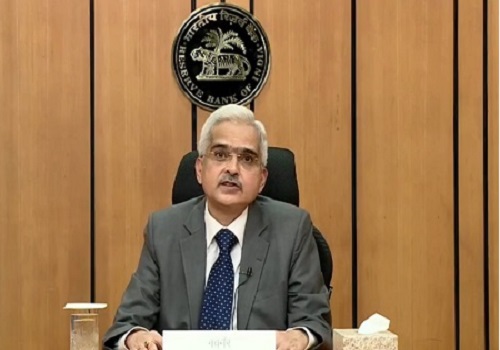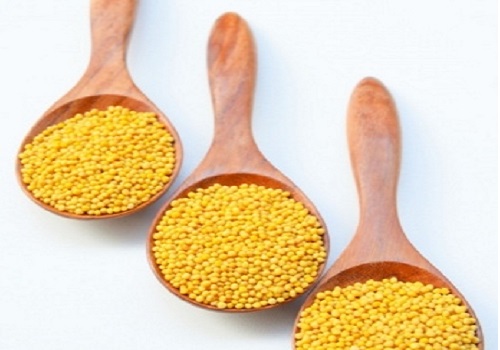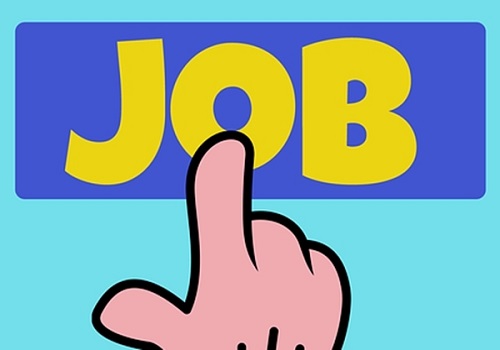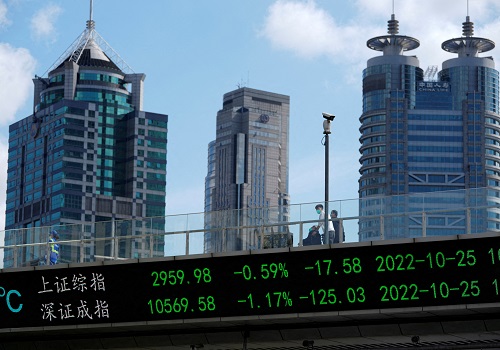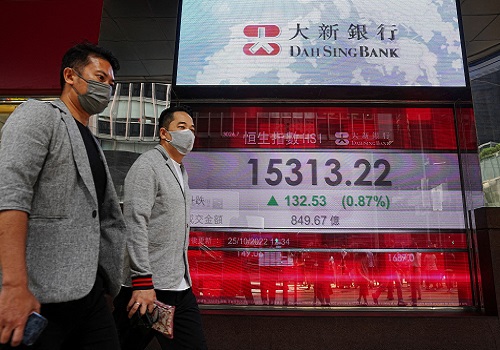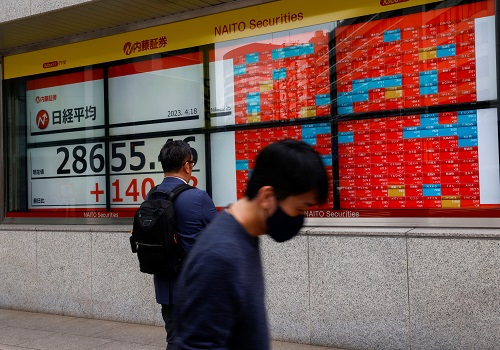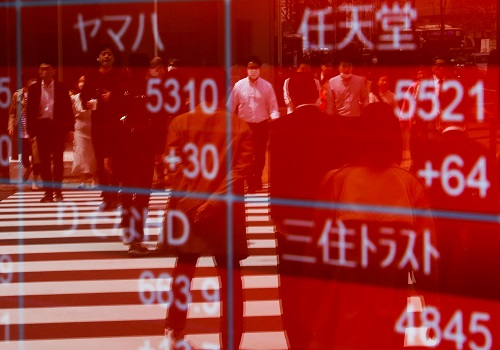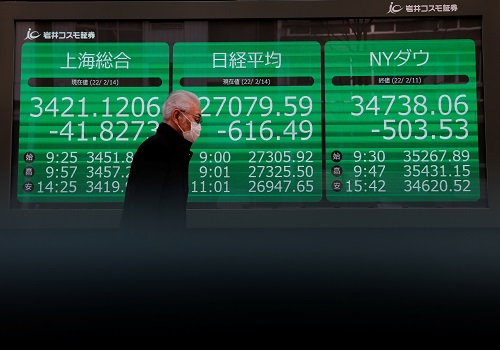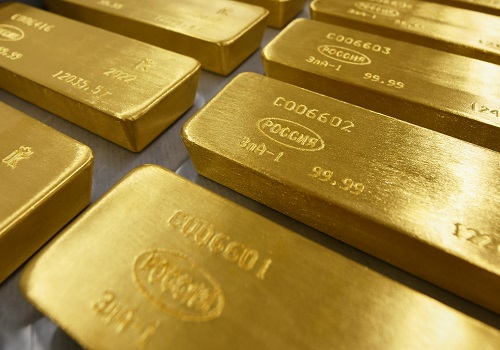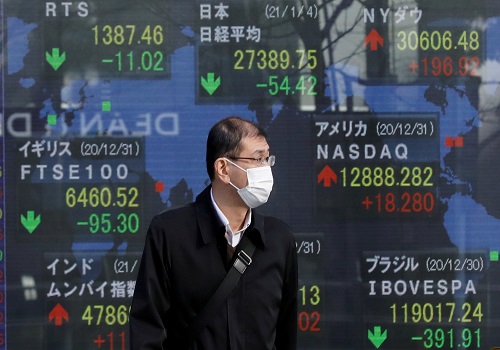Asia shares at 6-week peak, oil skids on Saudi price cut
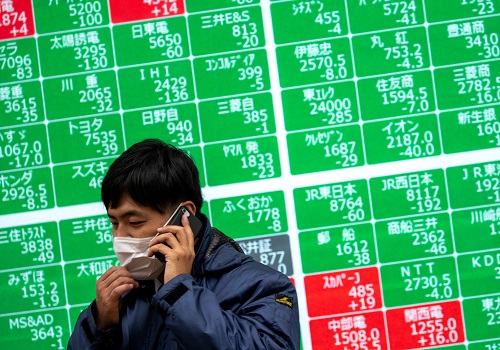
Follow us Now on Telegram ! Get daily 10 - 12 important updates on Business, Finance and Investment. Join our Telegram Channel
SYDNEY - Asian shares reached six-week peaks on Monday as the chance of low rates for longer in the United States combined with talk of more stimulus in Japan and China, while oil slid as the Saudis cut prices for Asian customers.
A holiday in the United States made for thin conditions but MSCI's broadest index of Asia-Pacific shares outside Japan still added 0.4% to the highest since late July.
Japan's Nikkei gained 1.8% to a five-month top, extending a rally on hopes a new prime minister there would bring added fiscal spending.
Chinese blue chips rose 1.7% amid speculation Beijing would also be adding stimulus through fiscal and monetary policy.
Nasdaq futures inched up 0.1%, while S&P 500 futures held steady. EUROSTOXX 50 futures and FTSE futures were little moved.
Investors were still assessing the fallout from the September payrolls report, which showed a much smaller increase in jobs than expected, but also a pick up in wages.
The latter was enough to nudge longer-dated Treasury yields higher and steepen the yield curve, even as markets speculated the Federal Reserve might start tapering later.
"Employment decelerated sharply in August, with little indication of a pickup in labour supply," said Barclays economist Jonathan Millar. "This puts the Fed in a quandary as it balances risks of a sharp demand slowdown against those of tight supply and inflation."
"We still expect the Fed to signal tapering in September, but now expect it to begin in December not November. QE will likely end by the middle of 2022."
The rise in U.S. 10-year yields to 1.32% limited some of the pressure on the dollar from the poor payrolls print, though its index still touched a one-month low before steadying at 92.128.
The dollar remained sidelined on the yen at 109.76, while the euro stood at $1.1881 after hitting a five-week top of $1.1908 on Friday.
The European Central Bank holds its policy meeting this week and a number of policy hawks have been calling for a step back in their huge asset buying programme, though President Christine Lagarde has sounded more dovish.
"We expect the ECB to announce a reduced pace of Q4 PEPP (pandemic emergency purchase programme) at its September meeting on the back of easier financial conditions," said analysts at TD Securities.
"All other policy levers are likely to be left on hold, with inflation forecasts revised sharply up this year and next. Communication risks are high, and Lagarde will want to avoid sounding overly hawkish, instead emphasising 'persistence'."
The prospect of a later start to Fed tapering was positive for non-yielding gold, which stood at $1,827 an ounce, having reached its highest since mid-June at $1,833.80.
Oil slid after Saudi Arabia slashed prices of all crude grades to Asian customers, while leaving prices to northwestern Europe and the United States steady. [O/R]
Brent fell 84 cents to $71.77 a barrel, while U.S. crude lost 78 cents to $68.51.
(Editing by Sam Holmes)













